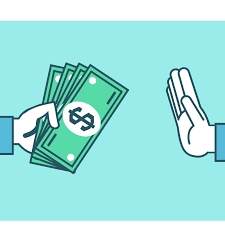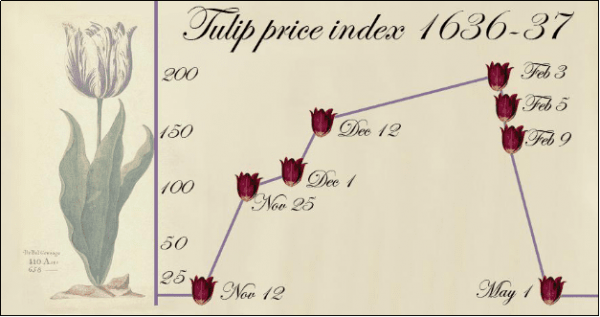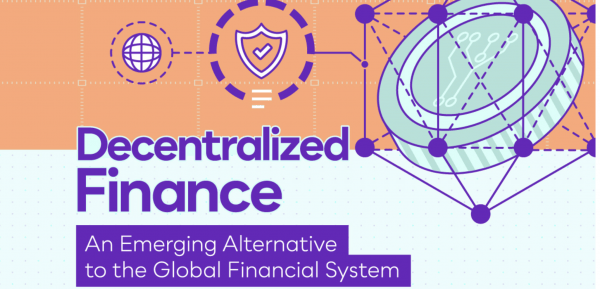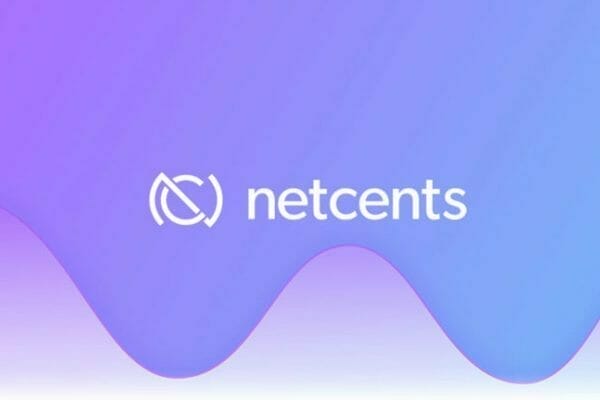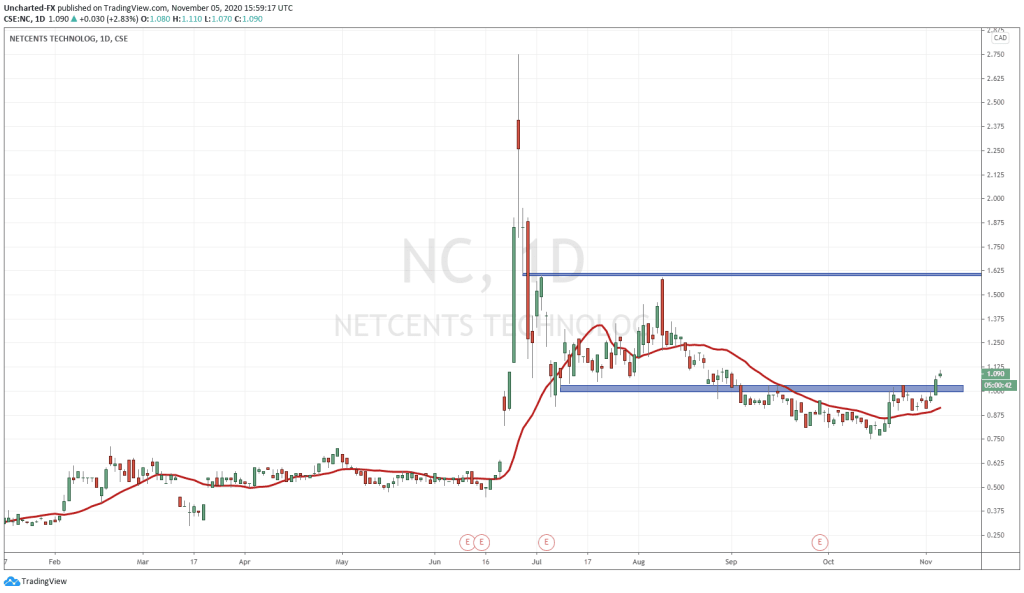For the uninitiated, the news that NetCents Technology (NC.C) is now offering users the ability to purchase cryptocurrency using their credit card for the exchange no doubt seems like a positive step, and they wouldn’t entirely wrong. But instead of opening up brave new vistas for the burgeoning technology—it’s really just catching up to most of the other exchanges, which have been offering funding through credit card forever.
The press release that dropped the line about this development said that there’s a limited number of approved platforms by card companies for purchasing crypto, and the fact that NC’s one of them is a testament to the safety of the platform. Etc. Except any platform or exchange worth doing business with—and here I’m talking about the scant few, Kraken, Gemini, Poloniex, and maybe even Binance, the hive of scum and villainy that it is—are on that list.
What’s going to set NetCents platform aside from the rest is their amount of security. It’s not entirely unparalleled there either, though. Gemini makes you jump through a substantial amount of hoops to trade. Poloniex has a few, and Binance let’s anyone in. There’s a sweet spot a company needs to hit between supermax sign-away-your-firstborn level of access limitations and well Binance, and if NetCents hits it they’ll get do well. They may not get as big as Binance is, but they won’t be shut down like Binance eventually will be, and that’s probably the most important factor.
Benefits include:
- A new way for users to be able to load funds into their NetCents wallet, making it easier for users to purchase cryptocurrency;
- Will provide NetCents users with fast and easy access to cryptocurrency, in the most secure way possible;
- Contactless payments are facilitated through this process;
- Users can now load their NetCents account and enjoy the potential upside of their crypto that they purchase while still having access to the value as a payment method.
NetCents added the feature based on requests from merchants having difficulties accepting a credit card at their businesses. The solution would allow businesses that don’t accept credit cards to have a contactless, digital transaction option, and it’s expected that the merchants could gently nudge their customers to sign up for a NetCents wallet to get their shopping done. It’s a time honoured strategy and the reason my wallet is absolutely teeming with rewards cards that I’ll probably never use.
According to a Deutsche Bank research piece on payments,
“Digital wallets can allow businesses to better know, interact with, and personalize products for their customers. Personalization enables companies to stand out in the field and gain market share. This is particularly the case with millennials who surveys show see smaller, custom brands as offering better quality products. Looking forward to 2025, we expect e-wallets to be the second-most-preferred method of payments after cards and the most preferred method among millennials.”
Visa released a report called Connecting with Millennials back in 2012, which concluded that a majority of the millennial demographic believed in a cashless future. Specifically, the numbers surrounding that were eight out of ten millennials reported that they’d be able to do all their shopping and pay all their bills online, and 73% stated it would be done through a mobile phone.
That was eight years ago. That someday is today. I can go online and order groceries, pay my electrical bill, order a pizza, find video games, buy a used car, and have them either delivered or just sent to my console or PC. Let’s also not forget the unique issues brought up by COVID-19. Going into a Tim Hortons and offering a wrinkled fiver for my coffee and doughnut has gotten me dirty looks. They take it and give back their best customer service smile along with your coffee and boston cream, but you can tell they don’t want it. Or maybe they just work at Tim Hortons. One can never tell with these things entirely.
The only foreseeable problem involves the escalating security challenges of the technology, and the perpetual arms race with hackers and thieves looking to take my money.
The final step and the real legitimacy litmus test for any cryptocurrency platform isn’t adding a credit card option, it’s insurance. The first platform to secure FDIC (or the Canadian equivalent) insurance on par with that of fiat currency in banks will effectively announce the arrival of cryptocurrency to the masses.
—Joseph Morton

